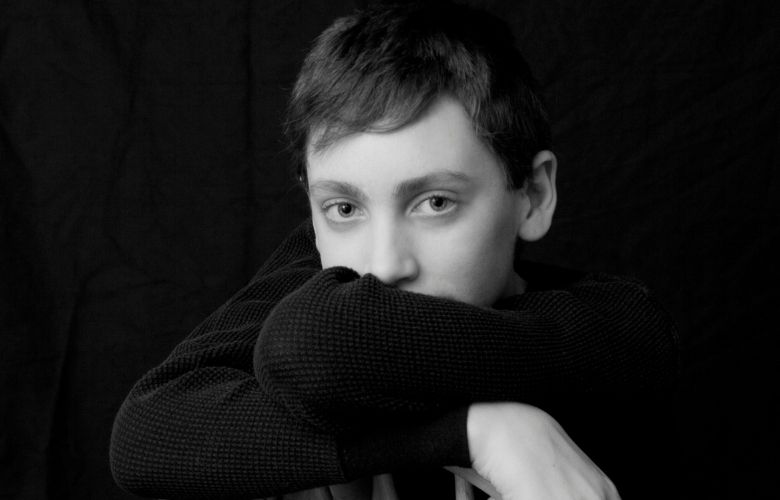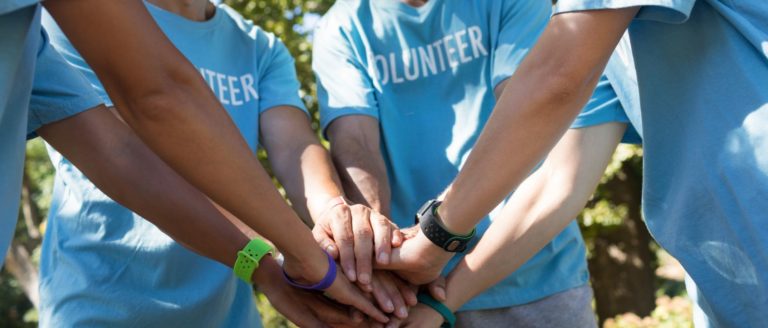Teenage Lying and Manipulation – How to Deal with it Effectively
If you’re here, you’re probably feeling the sting and frustration of dealing with teenage lying and manipulation. Your feelings are valid. Lying and manipulating is disrespectful, infuriating, and hurtful. And you’re not alone. Every teenager lies, even though they know it’s wrong. What they may not grasp is the damage it does to relationships and how much of a risk it is to their safety.
If you want to be successful at dealing with teenage lying and manipulation, it’s important to consider what your end goal is. Do you just want to make sure they know the damage they’ve done or how you feel about it? Do you want to have a more open and honest relationship or are you more interested in getting to the bottom of the current situation? These five tips will help you sort that out and move you and your teen towards a more honest relationship.
Teenage Lying and Manipulation – Why It Happens
Teens lie because it serves an unspoken agenda. Most often, teens tell lies to protect themselves or someone they care about. For the most part, teens lie for the same reasons we do.
They do it to be polite, to avoid conflict, to save face, and more. Sometimes they like to exaggerate a little to get attention or make a point. Maybe they’re insecure or afraid of what will happen if the truth gets out. Maybe they want privacy.
Manipulation is a tactic used by those who either don’t understand or don’t care about the cost to others. It’s an attempt to feel in control of a relationship. It means that they don’t trust that open and honest communication will help them to get their needs met.
Should I Punish My Child For Lying?
Research tells us that if you become threatening, it’ll just reinforce their desire to hide. Lying is usually based on fear. You may want to ground them for lying, but it will likely result in their redoubling efforts to lie better next time.
Dr. Nancy Darling, professor, and chair of the psychology department at Oberlin College has researched teens and honesty for 20 years. In this Great Schools article, Dr. Darling says the key to honesty is, “rule-making plus warmth.” She continues, “They need to respect you and believe you will be warm, accepting, and non-punitive.”
It’s absolutely justifiable to be angry and hurt. But consider what is more important to you. Is it to express your anger and punish or to get to the real issues behind the lies and figure out how to fix them?

Five Tips To Effectively Deal With Teenage Lying
So now that we understand a little of what’s behind teenage lying, how do we deal with it effectively? We’ve got five tips to help you.
Tip # 1 – Stay calm.
Knowing that lying is usually based in fear, acting in threatening ways will only push your child more into hiding. As much as lying may be triggering, it’s important to approach your child calmly.
Getting to the truth means working to help get their defenses down. Find a way to calm yourself and do your best to approach your child with a peaceful demeanor. Create a safe space for truth-telling.
Tip # 2 – Find out what they’re protecting.
As mentioned above, one of the top reasons teens lie is to protect themselves or someone else. Maybe they are embarrassed or afraid they’ll be rejected. They could be protecting someone else or be afraid of getting into trouble.
For kids who’ve faced trauma, like those in foster care have, lying may have become an instinctual defense mechanism. Most often, children have been literally taught to lie. When you’ve been lied to by people in authority – it creates a sense of mutual distrust. They lose faith in the position they represent.
In “How to End Lying: The Cliff Notes Version,” child behavior expert, Bryan Post says, “The lies will not stop until the fear subsides.”
We all tell lies
If we’re honest about it, we parents and caregivers lie too, starting when they’re little.
“If you cross your eyes, they’ll get stuck like that.”
“The tooth fairy must’ve had the night off.”
“I’m allergic to whining.”
Some people even lie to try to get their kids to stop lying. As a reader of Parents magazine confessed, ”I tell my son that when he lies a red dot appears on his forehead that only his parents can see. It only goes away when he tells the truth!”
According to the article, Childhood Trauma: How We Learn to Lie, Hide, and Be Inauthentic, “Adults prank or confuse children, or make up stories and justifications. Or lie to them for emotional and social comfort because it’s too painful to talk about certain things. Sometimes children see adults lie to others to get what they want, so they learn to do the same.”
While our white lies may seem trivial and laughable really, they are still lies. When we think we’re being helpful to someone else by hiding our true feelings, it’s lying. Our kids catch on to our lying patterns and follow our examples. “I’m fine…. I don’t mind… No, you’re not imposing.”
Tip # 3 – Consider external influences.
Maybe someone has instructed them to lie. Perhaps, they’ve picked it up – copying the behavior they see in someone else. Maybe they need to filter the kinds of peers they are spending time with.
Does your teen have an environment that welcomes honesty, even if it’s uncomfortable?
Be a good example. Be open and honest, even when it’s uncomfortable. Keeping a calm, non-judgmental atmosphere welcomes honesty and openness.
Tip # 4 – Help them to connect with the truth.
The other main cause of lying is wishful thinking. The kid wishes something were true so much so that they actually may start to believe it. They may not even realize they’re lying.
It may also be that the child is stuck in the developmental stage where fantasy & fact are hard to distinguish. While most kids grow out of this around 5 years of age, kids who have faced trauma, such as those who have been in foster care, may still be stuck there.
Place your focus as helping a kid learn how to say things more accurately.
Help them acknowledge their wishes for the best, while also being truthful.
Pin this post for later!

In her article, Not Lies: Wishes and Dreams, Donna Bryant Goertz, founder of Austin Montessori School in Austin, Texas, recommends avoiding direct accusations, confrontational questioning, and angry cornering.
Instead, she recommends that while “children are still reaching for attachment to the truth” to re-frame what we say in a way that helps a child differentiate between what we wish was true and what actually happened. An example she provides is, “I wish I could say the cat opened the door herself and got away, but what really happened was I was careless and let her get out.”
Help your child to see that their lying has natural consequences. Let them know it destroys trust and hurts your relationship.
Tip # 5 – Reinforce the relationship.
It’s up to you, as the adult, to lead the way in building a strong and meaningful connection with your teenager. Talk with your teen about how much you value them and how important trust is to your relationship.
“The recipe for honesty,” according to the aforementioned Great Schools article, “turns out to be cultivating warm, strong relationships with teens so they respect your rules and value your advice.
Research suggests that teenagers lie less when they have this kind of relationship with their parents, in part because they don’t feel like they need to, and in part because they don’t want to risk losing their parents’ trust.”
Some Final Thoughts on Dealing with a Lying Teenager
Be patient, but don’t be afraid to get help, if needed. And just because we don’t recommend punishments, doesn’t mean forgoing natural or logical consequences. Maybe from now on, they have to offer extra accountability or proof of their truth-telling. Trust has surely been eroded.
Forgiveness is free, trust is earned.
Not only this, but after you’ve gotten to a place of safety and honesty in your communication it’s important to lay out the external consequences of lying. For instance, if your teenager is lying about their whereabouts, it could be very dangerous. What if something happens to them and you have no idea about it or how to even find them? It’s important to help them see the risks that lying to you presents.
Professional Child Counselor Arleta James of Adoption and Attachment Therapy Partners says honesty is a developmental process and a progression. It takes time.
How To Deal With A Compulsive Lying Teenager
If the lying still continues and it appears your child is a compulsive liar, it may be a sign of a more serious issue, like mental illness.
Professional, Arleta James warns, “lying that continues month after month is a sign of a developmental delay or a trauma-related issue. Ongoing crazy whoppers can swallow the happy, peaceful atmosphere of the family! Don’t wait! Instead, lessen your intake of these tall tales by seeking professional help.”
You can find trauma-informed, adoption-competent professionals at the Association for the Treatment and Training in the Attachment of Children.
One purpose of this blog is to help parents of teens navigate the challenges of preparing their children to be successful independent adults. The mission of Finally Family Homes is to provide the same kind of support for those teens who don’t have a family or home to help them transition into adulthood.
If you’d like to know more about helping your teen, check out:







